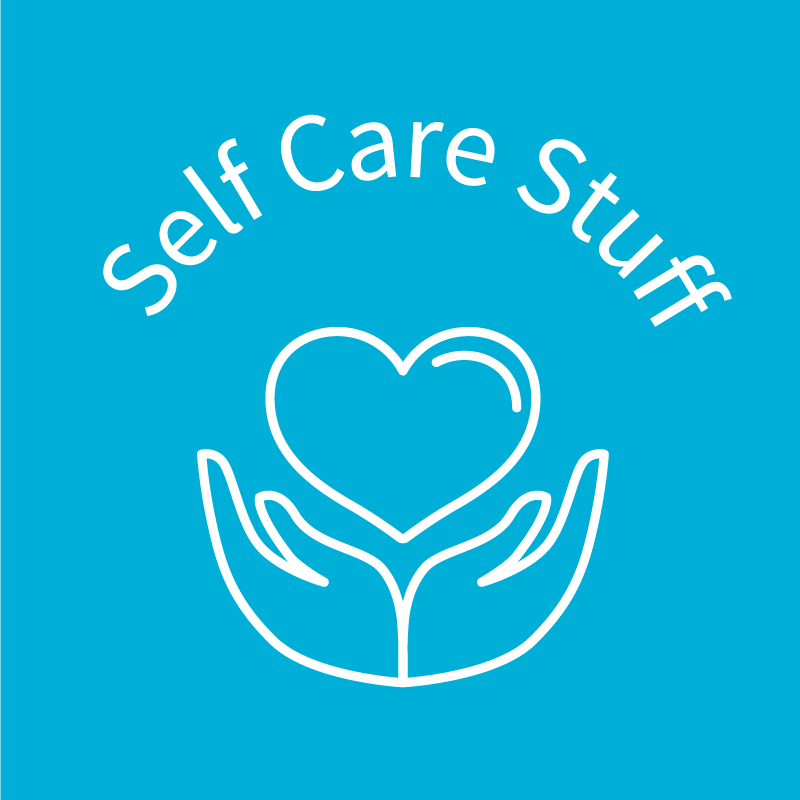Self-Care Tip: Shift Your Mindset to Avoid Quarantine Fatigue
/If you have found you're no longer disinfecting your hands as often or becoming more lenient toward unnecessary trips outside, you're not alone. This unintentional phenomenon is "caution fatigue.”
You were likely vigilant at the pandemic's outset, consistently keeping up with ways to ensure you did not get infected with the coronavirus or infect others. The threat was new and urgent to your brain. And driven by the human instinct for self-preservation, fresh fear motivated you to eagerly adhere to recommended safety precautions.
Fast-forward three months, and that sense of immediacy may have faded. Caution fatigue "occurs when people show low motivation or energy to comply with safety guidelines," said Jacqueline Gollan, who holds two professorships at the Northwestern University Feinberg School of Medicine — one in psychiatry and behavioral sciences and another in obstetrics and gynecology.
"It's reflected when we become impatient with warnings, or we don't believe the warnings to be real or relevant, or we de-emphasize the actual risk," she added. "And in doing that, we then bend rules or stop safety behaviors like washing hands, wearing masks, and social distancing."
Caution fatigue has been observed in previous or everyday life situations, such as when you ignore an alarm of some sort and do not take it seriously because you've heard it before. This mental state happens for a few reasons, including chronic stress, decreased sensitivity to warnings, and the inability to process new information with others.
You can combat quarantine fatigue with self-care, conversations with loved ones, and shifting your mindset so following guidelines seems rewarding instead of dreadful.
Shift Your Mindset
You cannot usually reproduce the initial survival instincts that kicked in at the start of the virus outbreak now that we are well past that first wave of awareness. Making smarter decisions involves rearranging how you perceive risk and reward so that safety precautions no longer seem dreadful. Fear is no longer the motivation, so you need another source of inspiration.
Ask yourself, "What's the reward I get for the choices that I make relative to what I'm giving up?"
Maybe the reward is your health, or altruistically the health of your family or others. Or it is that you've mastered staying safe during the pandemic. Figuring out how you can safely do some part of your normal routine can give your brain something else to control besides limiting your reactions to threats. And you can still feel in control of your health.
Source: https://www.cnn.com/2020/06/08/health/quarantine-fatigue-is-real-coronavirus-wellness/index.html






